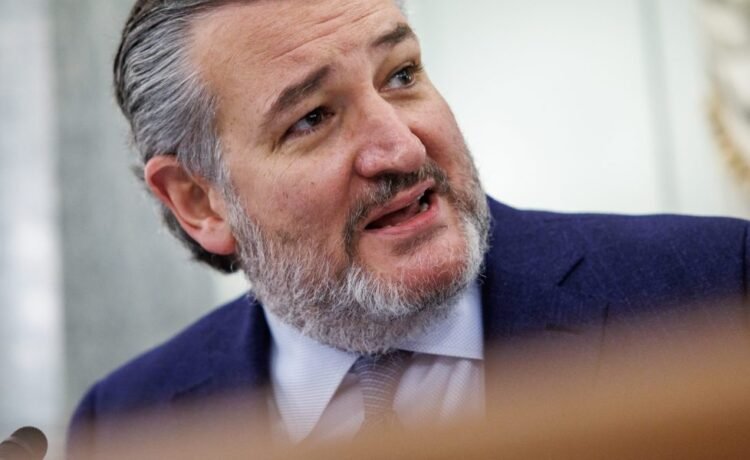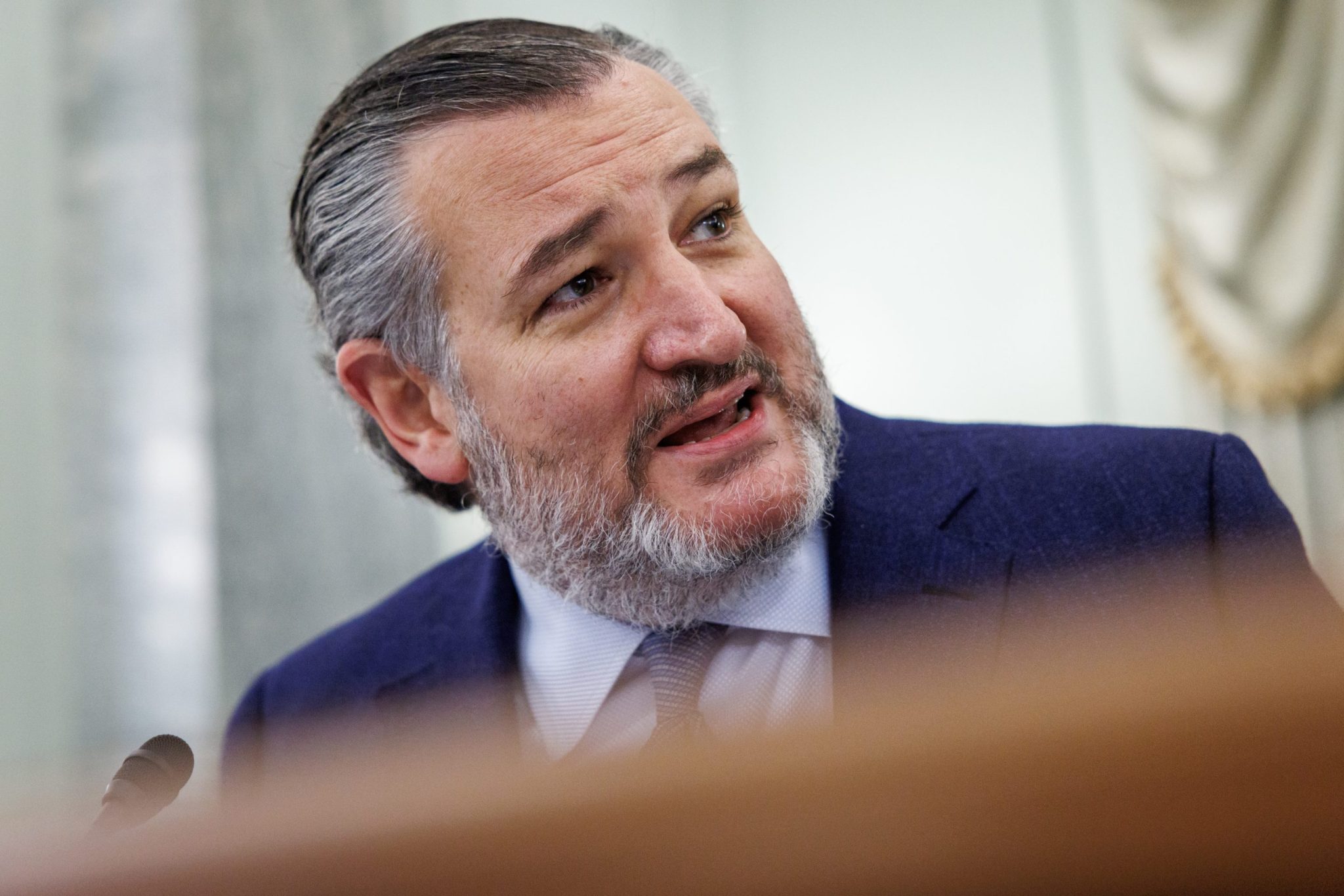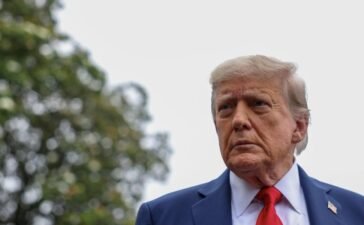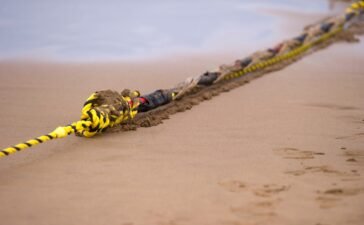Conservatives are talking about ‘unbelievably dangerous’ precedent being set by FCC chair


In the aftermath of Jimmy Kimmel’s late-night show suspension, conservative politicians and media personalities are sounding the alarm on free speech.
Amid pressure from the Federal Communications Commission, Disney’s ABC suspended Jimmy Kimmel Live! on Wednesday night over remarks Kimmel made earlier in the week about the assassination of conservative activist Charlie Kirk.
FCC Chair Brendan Carr suggested ABC affiliates could face fines or have their licenses revoked if they continued airing Kimmel’s show. He also told CNBC that “we’re not done yet.”
Although some conservatives have supported the broadcast network’s actions, others like Sen. Ted Cruz are also saying the FCC is going too far.
“I hate what Jimmy Kimmel said. I am thrilled that he was fired,” he said on Friday on his podcast Verdict with Ted Cruz. “But let me tell you, if the government gets in the business of saying, ‘We don’t like what you, the media, have said, we’re going to ban you from the airwaves if you don’t say what we like’—that will end up bad for conservatives.”
Cruz, who is the chairman of the Senate Commerce Committee, which has jurisdiction over the FCC, called Carr’s remarks “dangerous as hell,” warning against a future where the government can influence what broadcast networks put out.
“I think it is unbelievably dangerous for government to put itself in the position of saying, ‘We’re going to decide what speech we like and what we don’t, and we’re going to threaten to take you off air if we don’t like what you’re saying,’” Cruz added. “And it might feel good right now to threaten Jimmy Kimmel, but when it is used to silence every conservative in America, we will regret it.”
President Donald Trump, who has said the FCC could reexamine licenses for broadcasters that repeatedly criticize him, called Carr an American patriot in response to Cruz’s comments, adding he disagreed with the senator.
Meanwhile, conservative political commentator Tucker Carlson echoed Cruz’s censorship concerns earlier this week.
“You hope that a year from now, the turmoil we’re seeing in the aftermath of (Kirk’s) murder won’t be leveraged to bring hate speech laws to this country,” he said Wednesday during a special tribute to Kirk on The Tucker Carlson Show. “And trust me, if it is, if that does happen, there is never a more justified moment for civil disobedience than that, ever. And there never will be.”
But some conservatives are in support of greater government discretion for what’s allowed on the air.
Sen. Cynthia Lummis (R-Wyo.) told Semafor on Thursday that a broadcasting license issued by the FCC is a privilege, not a right.
“Under normal times, in normal circumstances, I tend to think that the First Amendment should always be sort of the ultimate right. And that there should be almost no checks and balances on it,” Lummis said. “I don’t feel that way anymore. I feel like something’s changed culturally. And I think that there needs to be some cognizance that things have changed.”
Rep. Chip Roy (R-Texas) told NBC on Friday that the FCC is right to question broadcast networks regarding their licenses.
“The First Amendment must be fiercely protected, but we also impose various regulations on FCC licenses,” he said.
You Might Also Like
Japan’s exports to U.S. fall for fifth-straight month, plummeting 13.8% in August
Japan’s exports to the United States plummeted 13.8% in August compared to the same month the previous year, marking the...
Housing market: the ‘most critical’ variable for predicting recessions is at lowest since pandemic
The housing market is long been seen as an early warning sign for recessions, and one data point in particular...
Blockchain lender Figure soars 30% after Nasdaq debut, nears $6 billion valuation
Blockchain lender Figure Technology is the latest crypto company to go public. On Thursday, Figure debuted on the Nasdaq after...
Microsoft announced via a status website that the Mideast “may experience increased latency due to undersea fiber cuts in the Red Sea.”
Undersea cable cuts in the Red Sea disrupted internet access in parts of Asia and the Middle East, experts said...









